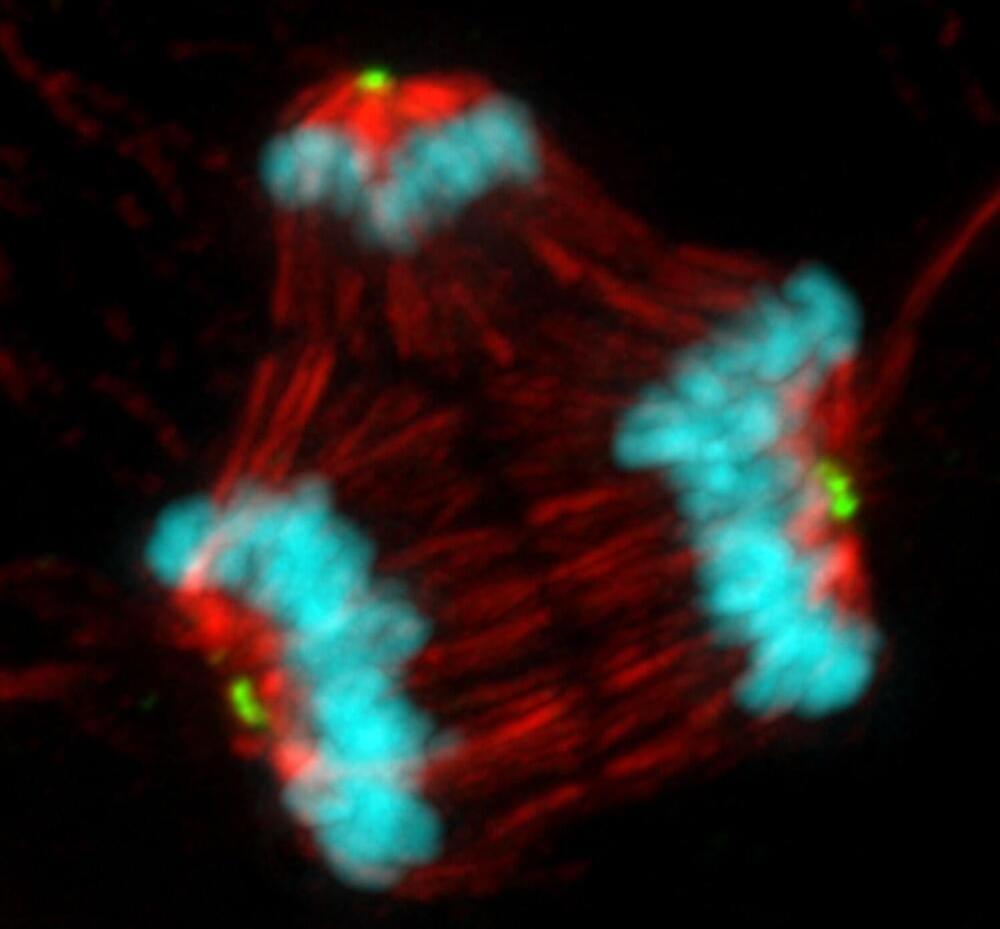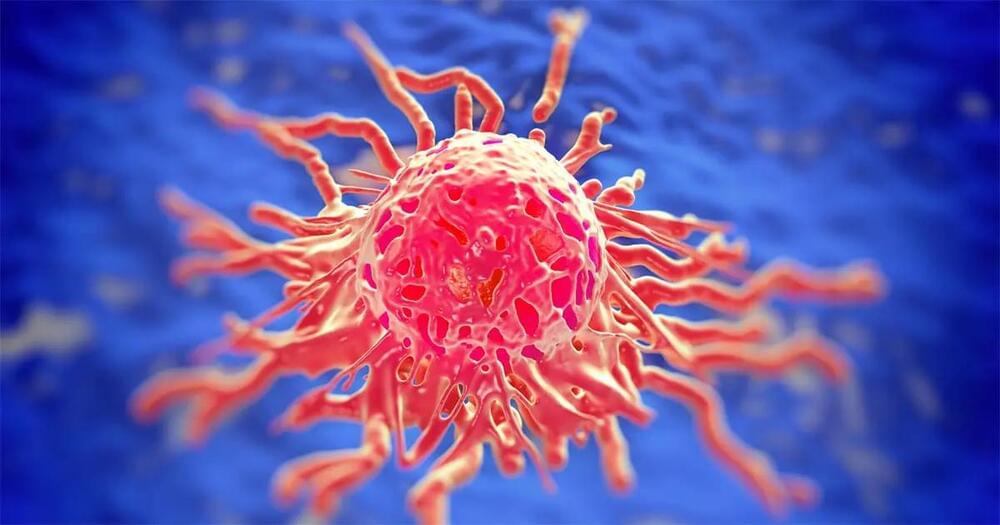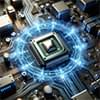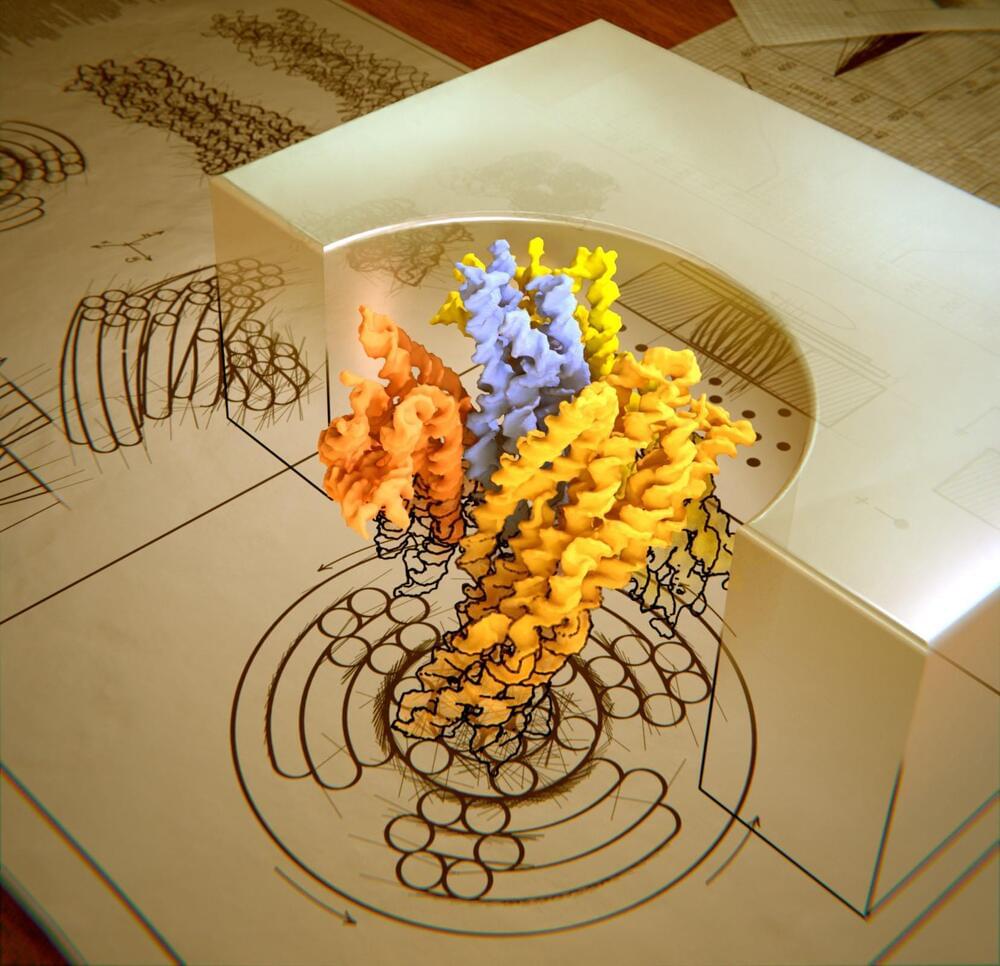A meta-analysis showed improvement of neuropsychiatric symptoms with acetylcholinesterase inhibitors in Alzheimer disease and Parkinson disease, although effect sizes were small.
Neuropsychiatric symptoms are challenging to treat in patients with neurodegenerative conditions. In this meta-analysis, researchers investigated the effect of cholinesterase inhibitors (ChEI) on neuropsychiatric symptoms in those with Alzheimer disease (AD) or Parkinson disease (PD). Studies in the analysis included placebo-controlled, randomized clinical trials that included at least one ChEI — i.e., donepezil, rivastigmine, or galantamine — and applied at least one validated neuropsychiatric measure, with the Neuropsychiatric Inventory (NPI) being the most used measure studied. The primary outcomes were hallucinations and delusions. Secondary outcomes included all other neuropsychiatric outcomes.
Original participant data for 6,649 individuals with AD or PD from 17 trials were available for analysis out of 34 eligible trials. In patients with AD, ChEI use was associated with significantly fewer delusions (effect size, −0.08) and hallucinations (−0.09) compared with placebo. In the PD subgroup, ChEIs also were associated with significantly fewer delusions (−0.14) and hallucinations (−0.08). These effects did not differ among ChEI types. ChEIs were associated with lower appetite scores in the AD group and with significantly improved total neuropsychiatric scores in the PD group (−0.18). Increases in baseline neuropsychiatric scores were associated with greater effect size favoring ChEIs in those with PD. Lower baseline cognitive score was associated with increased effect size favoring ChEIs in both AD and PD.
Based on this meta-analysis, ChEIs could be considered in appropriate patients, since ChEIs may reduce hallucinations and delusions in people with AD or PD. Greater effects may be possible if neuropsychiatric symptoms or lower cognitive scores are present at the time of initiation. ChEIs decreased appetite scores in AD, which should be considered in those who are underweight. Whether ChEIs also improve neuropsychiatric symptoms in dementia with Lewy bodies requires further study, since data were insufficient to assess that population in this analysis.
Continue reading “Cholinesterase Inhibitors and Psychiatric Symptoms in Alzheimer Disease and Parkinson Disease” »

















